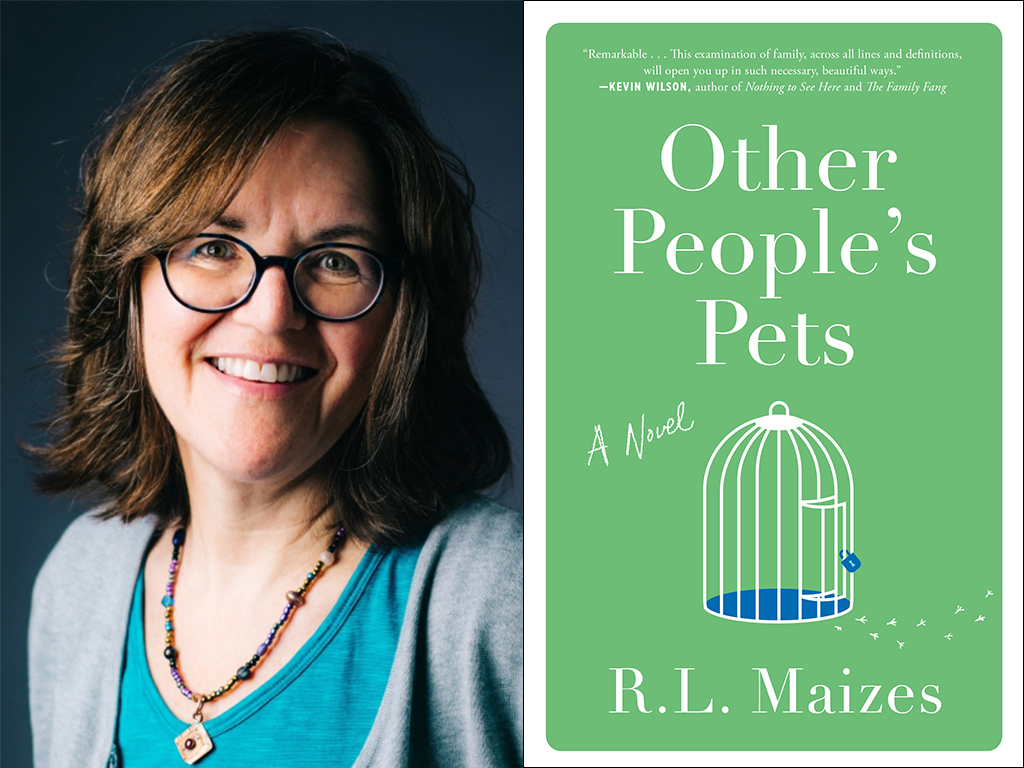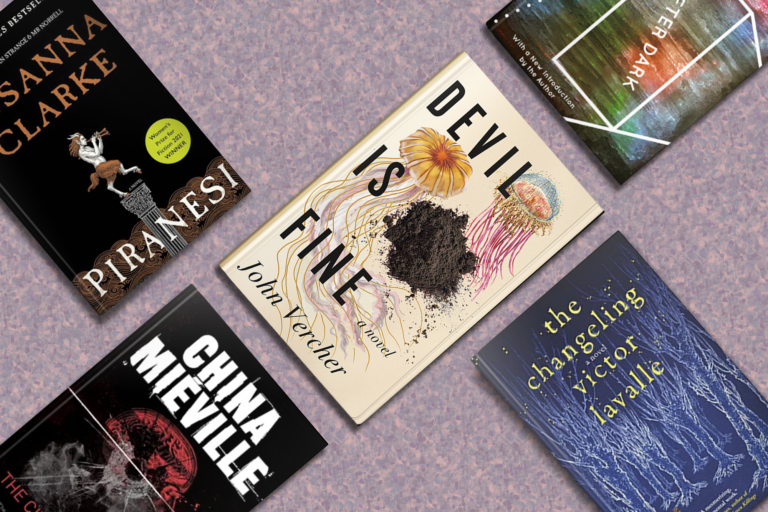
The author of short story collection We Love Anderson Cooper is back with her debut novel, Other People’s Pets. We sat down with R.L. Maizes to discuss her love of pets, overcoming difficult childhoods, and the important takeaways from her new book.
Congratulations on your debut novel! Other People’s Pets follows the publication of We Love Anderson Cooper, your first collection of short stories that was released in July 2019. How did you come up with the idea for Other People’s Pets?
I care deeply about animals, and I thought it would be interesting to write about a character who understands animals and is very attached to them but who has to learn to love people. Also, like the main character in the novel, I had a parent who was often absent, and I know how painful that can be. I wanted to explore the impact on a character — during her childhood and also once she became an adult — of a missing parent.
How did you approach writing a longer work versus writing short stories?
My process for writing shorter or longer work is similar in many ways. Six out of seven days a week, I make time to write. I draft and revise until the plot and prose become too familiar, then I put the work aside or send it to a trusted reader for feedback. One difference in my process is that I never outline short stories. I started the novel without an outline, which gave me the freedom to follow the characters wherever they wanted to go. But, eventually, I realized I needed an outline to track all the plots and subplots, and even the passage of time so I didn’t describe it as snowing in August. The novel often strays from the outline, but the roadmap is there when I need it.
As in We Love Anderson Cooper, animals figure prominently into your novel — in fact, the main character La La is an animal empath. What draws you to this theme?
There’s something marvelous about our pets, the way they live in the moment and give love so freely. They don’t hold grudges or have hidden agendas. They’re never happier than in our company. Often their lives are shorter than ours. So it’s important to cherish them while they’re here and also to take care of them as best we can. That’s what the protagonist in the novel, La La, tries to do, though she goes about it in a questionable way.
What would you like readers to take away from this book?
I hope readers take from the book that even if they didn’t have the kind of childhood they might have wished for, or the kind of parents they might have hoped for, they can still thrive as adults. I hope they’re inspired to appreciate the love that exists in their lives, even if it’s not coming from where they thought it would be.
Order Now:



